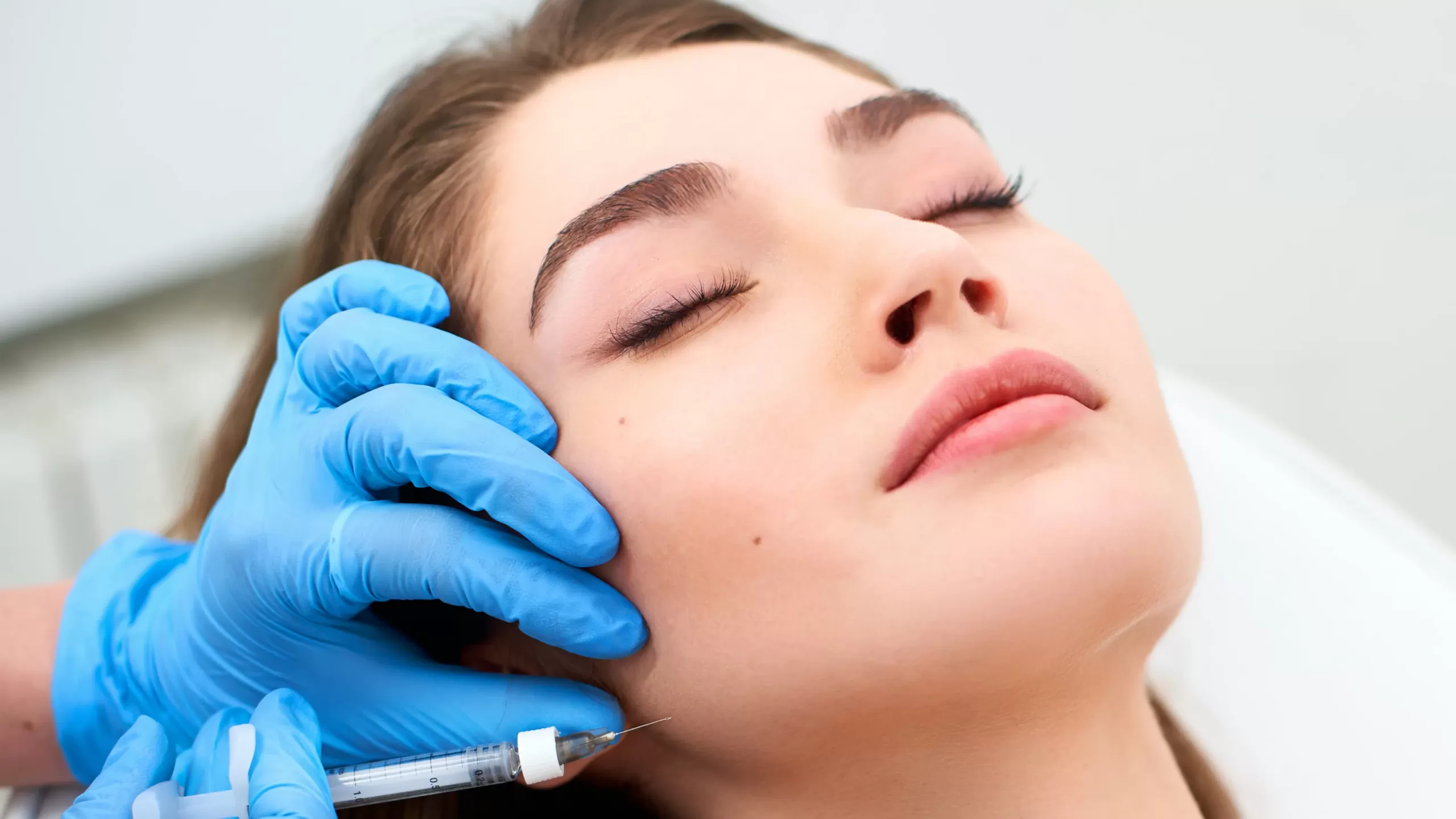
The 18-34 year olds are more likely to undergo cosmetic surgery than the 50-60 year olds which is a sign that this practice has become common in young people especially with the emergence of social networks and has been amplified by the pandemic… But, reality TV influencers are not the only ones who influence them.
Plastic surgery is more accessible and less stigmatized
There are many reasons for this evolution of practices. First of all, plastic surgery has become accessible and has progressed throughout the years. It is now possible to improve one’s physical appearance and allow him to get rid of his complexes thanks to many plastic surgeries such as liposuction, breast augmentation, nose job surgery… or aesthetic medicine treatments.
Moreover, aesthetic procedures are less and less socially stigmatized. If having recourse to botox or scalpel was a secret a few years ago, it is now something that is proudly displayed on the social networks of some influential personalities.
Reality TV influencers are not the only ones who influence them
From there to say that it is a new phenomenon entirely attributable to social networks and other female influencers, there is only one step … that it would be wrong or at least exaggerated to cross.
Without being new, the phenomenon has become popular by gaining visibility via social networks, where traditional media glorified only one form of beauty ideal to achieve … not necessarily much more accessible than that embodied by the reality TV influencers.
The Zoom effect on medicine and plastic surgery
The trend would even be worldwide since the pandemic: telecommuting has become widespread and videoconferencing has made us rediscover our faces from another, much less flattering angle…
You may have experienced it yourself during Skype or Zoom meetings: staring at yourself is a reassuring reflex because your face represents a familiar and controllable element in the middle of an ocean of immaterial pixels.
But unlike the times when we choose to look at ourselves in a well-placed mirror, here we see ourselves in motion, talking, via a webcam with an unflattering angle. This can cause or amplify a form of dysmorphia: an excessive preoccupation with one part of the body. This is another factor that can explain in part the worldwide boom in cosmetic medicine and surgery.
In addition, telecommuting facilitates a discreet recovery at home or under a mask as well as the savings generated by the absence of leisure in times of pandemic that can be reinvested in aesthetic surgery.

